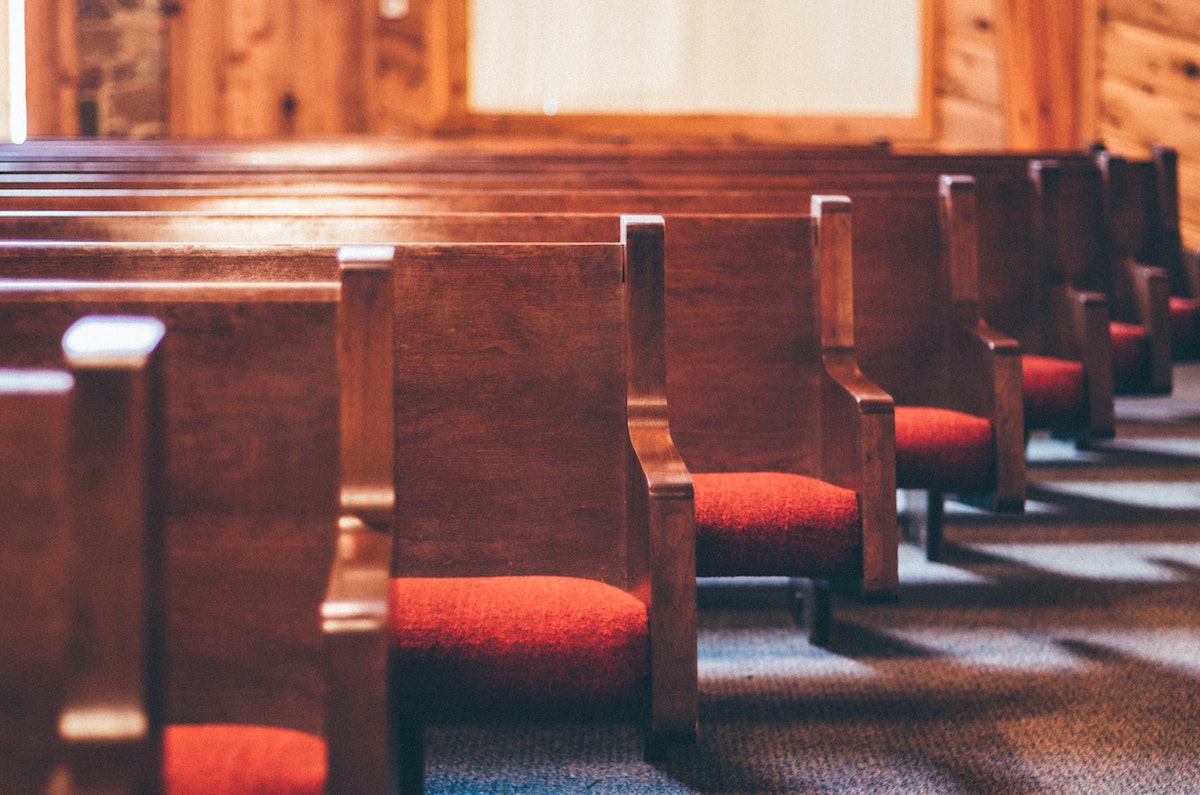As cities reopened and churches again gathered, we eagerly greeted the people we had not seen in a year. But along with embracing our congregants, we had to, once again, embrace the awkward relationship we managed to avoid during the pandemic—our relationship to church attendance.
Pastors have a strange relationship with attendance. We implore our members to gather with other believers since their perseverance relies upon it (Heb. 3:13, 10:24–25). We tell them that doing so is a formative practice that disrupts the individualism pervading society. We even remind them that gathering in community is one of the core values of our church. But beneath our biblical, sociological, and organizational appeals lie wounds and insecurities that sully our call.
Pastors don’t simply see empty pews on Sunday. We see mirrors that reflect our worst fears back to us—the fear of not being viable as a church anymore, the fear of not being as impactful as other church planters, the fear of not being accepted by our members, the fear that our most fruitful ministry is behind us, and the fear that God has rejected us and the ministry he gave us.
The mingling of both righteous desire and insecure longing leads us to engage our relationship to church attendance in a few ways.
Indifference
Pastors who are aware of their insecurities can fortify themselves in indifference. They believe the solution to their preoccupation with church attendance is to simply care less. But this approach betrays our calling. For our ministry is to make disciples who love Christ, love the church, and love their neighbors. We are in the Spirit-empowered work of reforming people’s loves, their commitments, their delights, and their values. Therefore, being invested in what our church values, much of which is revealed in how they spend their time, is an unavoidable aspect of our calling.
Pastors don’t simply see empty pews on Sunday. We see mirrors that reflect our worst fears back to us. Click To TweetAnxiety
Some pastors know that indifference is not an option. However, since they never pause to consider the insecurities that the empty pews represent to them, they call people to attend out of fear and anxiety. As a result, the gathering becomes a means to another end, a way to assure the pastor that his fears are unrealistic, that he is not forgotten, and that God is still at work in ways that can be recognized by all. He may preach with godly conviction on Sunday morning but lie awake at night with fear, resolving to commit himself to more control or anxious toil.
Hopeful Compassion
Is there a way to avoid both indifference and anxiety? To be invested in what our church values without deriving our value from it? I’m confident there is. If God promises to conform us into the image of his Son (Rom. 8:29), then we can be assured that he will train us to appeal to people as Christ did, not with indifference, nor with anxiety, but with hopeful compassion.
Jesus teaches us how to grieve and yet be hopeful when people refuse to come to him. He wept over Jerusalem and acknowledged their refusal to come, all while knowing that everything was unfolding according to his Father’s plan (Luke 19:41–42, Matt. 23:37). His confidence in the Father did not prevent him from feeling deeply, and yet his grief did not crush his confidence in the Father’s plan.
Jesus teaches us how to grieve and yet be hopeful when people refuse to come to him. Click To TweetThis doesn’t come naturally to us. We often grieve for ourselves when people refuse our call because we view their response as something that confirms our fears about our ministry. But when Jesus grieved, he did not grieve for himself as if their refusal was primarily a reflection of his leadership. No, he grieved for them. He wept because of the opportunity they had missed.
As a church planter, I long to know the freedom of such tears—to implore others to come to Christ and his church for their sake and not my own. To know that everything I need has already been accomplished by Jesus, and thus be liberated to feel deep compassion for others with unwavering hope toward God.
The empty pews, although not what we desire, nevertheless present an opportunity for us to grow into what we do desire—to become more like Christ. As cities reopen, we do not know if God may will our churches to grow slowly and be small, be more deep than wide, or not grow at all. But we do not need to retreat with indifference nor surrender to anxiety as a way of preparation. We can engage the church, bid them to come, and respond with hopeful compassion even when they don’t.







